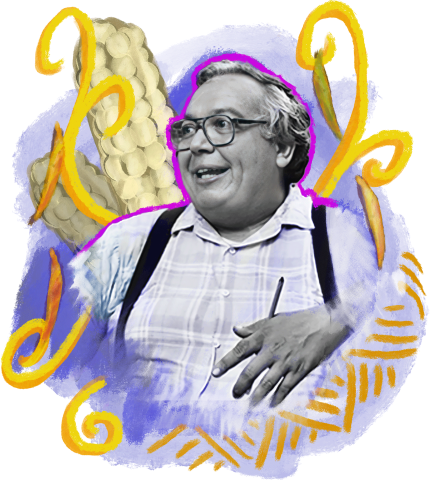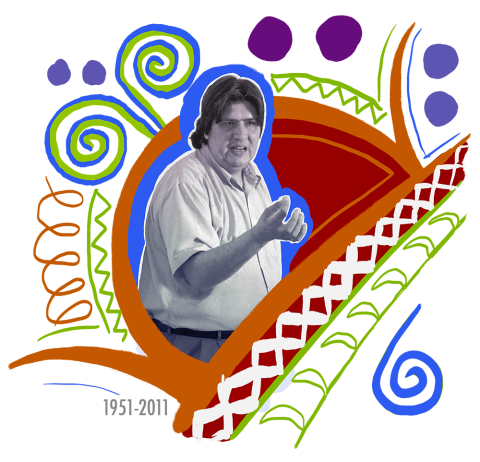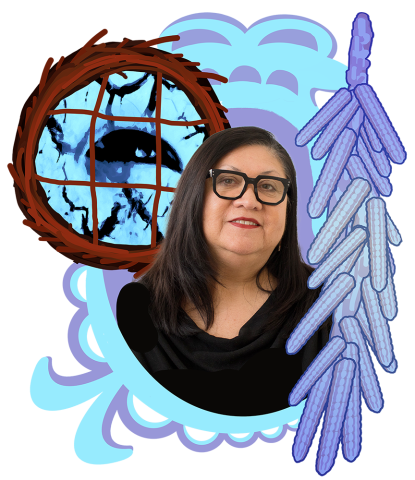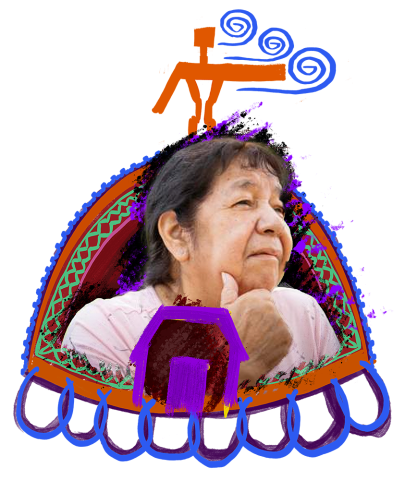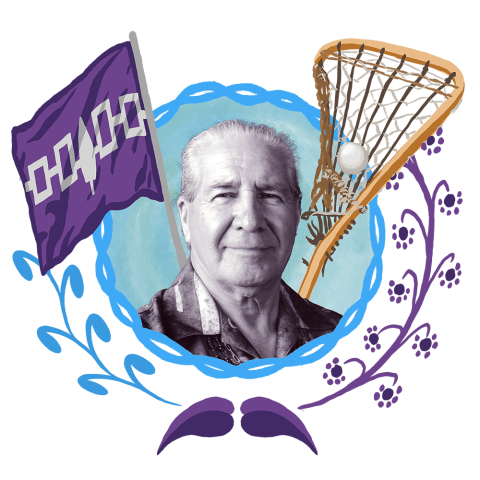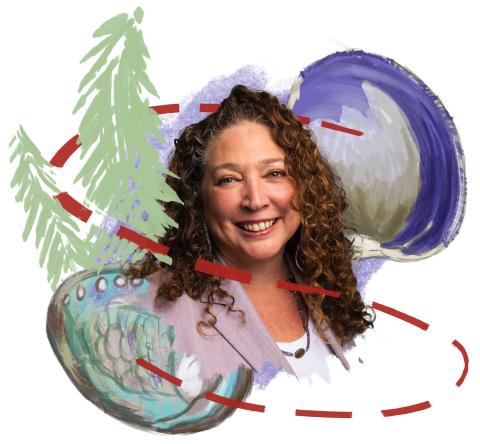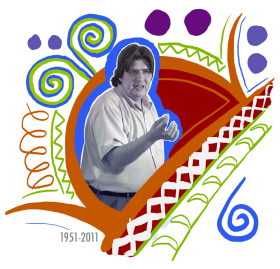John Mohawk
Dr. John C. Mohawk (Turtle Clan, Seneca Nation) grew up at Cattaraugus. He graduated from Hartwick College in 1967 with a B.A. in History. From 1967-83, Mohawk served as editor of Akwesasne Notes: a Journal for Native and Natural Peoples. Mohawk went on to earn a master's degree in American Studies in 1989 and doctorate in 1994 from UB. He received an honorary doctor of humane letters degree from Hartwick in 1992.
A member of the UB faculty since 1987, he was co-director of the Native American Studies Program in the UB Center for the Americas from 1999 to 2002. The center evolved back into the Department of American Studies, which he chaired from 2002-03.
A prolific writer, some of Mohawk's books include "Exiled in the Land of the Free: Democracy, Indian Nations and the U.S. Constitution," co-authored with Oren Lyons, and "Utopian Legacies: A History of Conquest and Oppression in the Western World." He was contributing editor for "A Basic Call to Consciousness," which in 1977 was taken by the Haudenosaunee Confederacy to a U.N. conference in Geneva, Switzerland in an effort to establish international law standards for the rights of Indigenous peoples.
Concerned with the health and sustainability of Native communities, Mohawk and his wife Dr. Yvonne Dion-Buffalo founded and coordinated the White Corn Project to revitalize Indigenous agriculture among the Haudenosaunee.
The portrait above reflects Mohawk's work on the White Corn Project and his efforts to foster healthier Native communities through traditional foods.
Those who remember him recall his optimism and infectious laughter!
Photograph of John C. Mohawk juxtaposed with a digital background expression Haudenosaunee symbols found in beadwork and pottery. Tuscarora white flour corn, beans, and celestial sprouts. Created by Waylon Wilson, image via UB Library.

